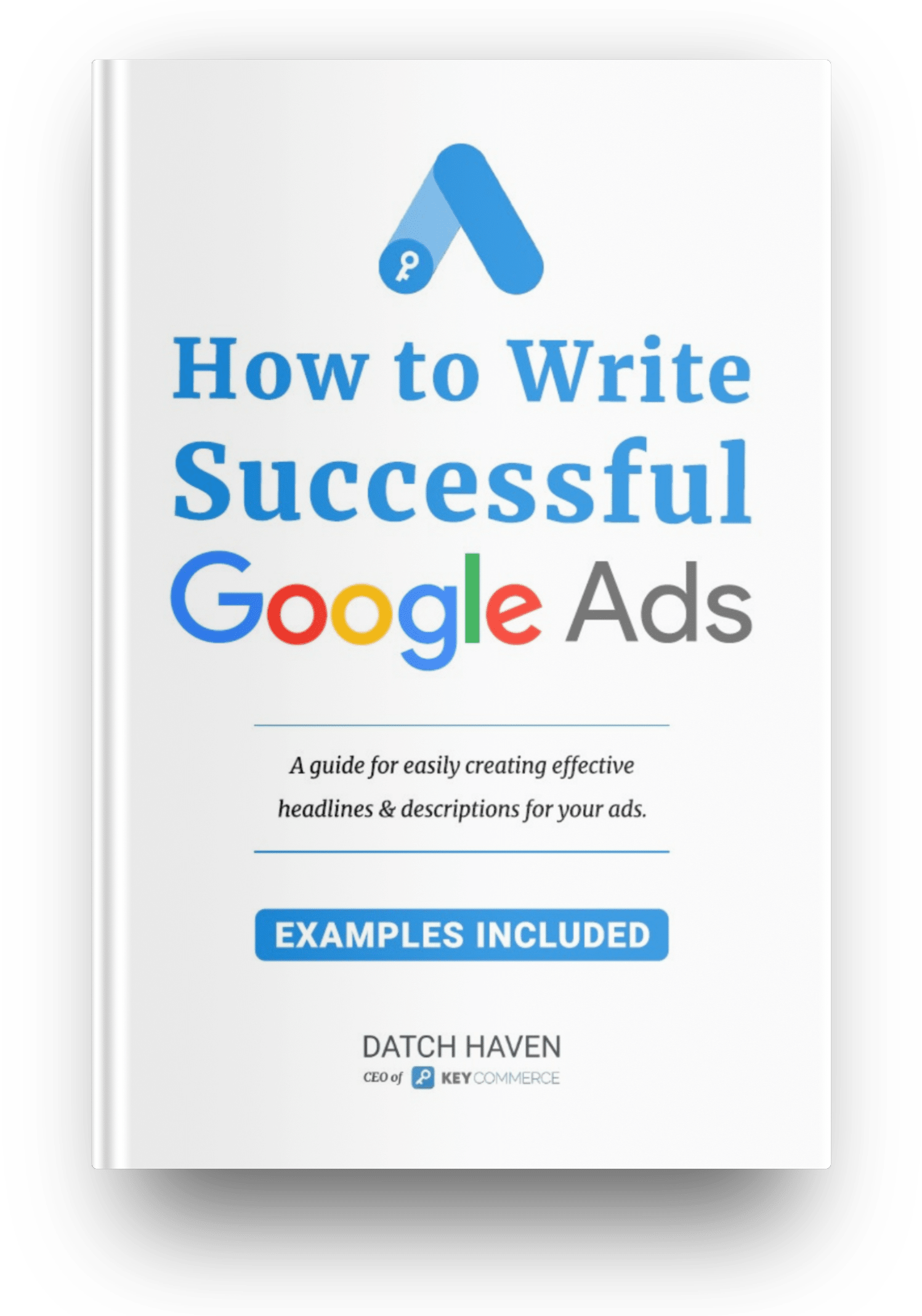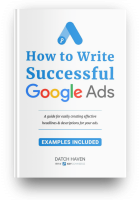What does SERP mean?
SERP stands for Search Engine Results Page. It's a collection of web pages generated by a search engine such as Google or Bing, shown to users when they look for a particular topic or keyword. So when a web surfer enters a word or phrase, they'll get a SERP.
SERP features
Each SERP is unique, even if the exact keywords or phrases are used on the same search engine. The reason for this is that almost all browser engines customize the user experience based on a plethora of factors.
These include the person's location, browsing history, and social settings. So even if two SERPs appear identical, they'll contain subtle differences within the results. You'll see two types of listings on the page: organic and paid, each with various SERP features.
Organic
Organic listings appear as a result of the search engine's algorithm that has been indexed based on several ranking signals.
Ranking signals or factors are a website's features that determine its position in search engines. All the signals combine to form the algorithm of a search engine. However, how it works remains a secret to this day, and nobody knows precisely which factors determine the order of the search results.
People believed that the number of external links to a particular page or website from other sites was a critical ranking signal. Even though this is true to some extent, it's not the holy grail hack to guarantee a top position.
Google has confirmed that the following are some of the important ranking factors:
- Off-page and on-page SEO signals
- Site loading speed
- Brand trust signals and presence
Paid results
Paid content has been paid for by an advertiser and usually gets preference over organic information. So you'll see a small ‘Ad' icon in the top left corner of paid-for snippets.
On Google's SERP, the paid listings can be seen at the very top and sometimes the bottom of the page for high-value search terms. However, because paid ads are placed in both positions, they can sometimes crowd out organic results.
Historically the ads were text-driven, but today a combination of text and images dominates the space. So if someone searches for a product, it's likely that the first thing they will see is shopping ads. Then, following the image listings, you'll see the text-driven search ads, and the organic results are below those.
How SEO affects SERP
Search engine optimization (SEO) is improving content to earn a better ranking on the search engine results pages. This optimization is done using various methods, including on-page ecommerce SEO and off-page techniques.

On-page
The on-page SEO methods pertain to the content on the website. It can include blog posts, articles, product descriptions, instructional videos, etc. Each has a place on the website, and each piece of content needs to be optimized for SEO.
Depending on the type of content, creators need to ensure that the information is clear, concise, and well-presented. It could include characteristics such as the page metadata and images, using unique and static URLs, including the relevant keywords in body text, headings, and subheadings, and using clean HTML code. These are but a few of the things that content managers need to optimize for improved SEO.
Off-page
Off-page strategies affect the entire website and not only certain pages. Some typical methods include link exchanges, content marketing, social bookmarking, directory and search engine submissions, and creating social media communities.
These all play a role in the ranking algorithms. The more your business is recognized or ‘talked’ about by others, the stronger your brand is in the search engine's eyes.
The role of PPC in SERP
Pay-per-click (PPC) advertising is an essential marketing tool for ecommerce businesses. Unlike SEO which can bring in organic ranking, companies make a financial investment into PPC ads to achieve prominent placements on the SERP.
However, it's more complex than it sounds and does involve a certain amount of strategic planning to reach set goals. How it works is that online stores can bid on specific keywords through an auction. The highest bidder for a particular keyword will have a higher placement on the results page when someone searches for it.
The problem is that certain keywords are costly, which has to do with the popularity of the term on the SERP. The more often users search for a keyword, the more expensive it becomes.
Even if you do outbid your competition for high ranking keywords, there is no way to determine where an ad will be placed. It could be above the organic results or to the right of the listings.
Some advertisers limit their displays to mobile searches only, while others exclude mobile searches altogether. We cover PPC in another article but keep in mind that this paid search focuses on optimizing ads to be shown in the best position possible on the SERP.

Final word
The SERP is undoubtedly the most important source of marketing for ecommerce stores. Ranking high up on the pages will increase sales and establish your brand in customers' eyes. Understanding how the search engines work is only one step towards appearing above your competitor’s listings.
If you’re looking for ways to improve your position on SERP, we cover these in our article: 6 tips for better ecommerce SERP rankings.












